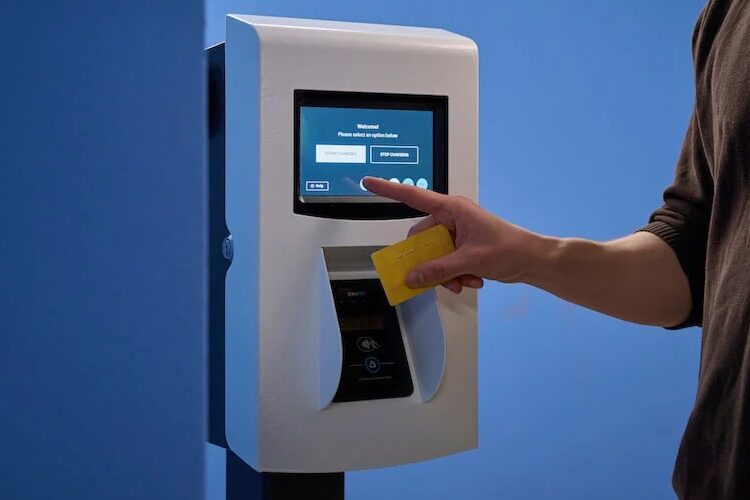From 13 April 2024, the AFIR requires that users can charge ad hoc at publicly accessible charge points, i.e. charging and paying without a prior contract. The regulation applies to new charging points with immediate effect, while existing charging points with a capacity of 50 kW or more must be retrofitted by 2027. However, the much-discussed requirement to install a card terminal only applies to newly installed DC charging points with a charging capacity of 50 kW or more. Alternative, secure payment methods remain permissible for lower charging capacities – however, a secure ad-hoc payment process must be possible. If there are several charging points at one location, a central payment terminal for all charging points is also permitted to reduce installation and operating costs.
However, as some charge point manufacturers point out, it is still not certain what the technical implementation must look like to be legally compliant. In January, for example, there were reports that a static QR code to access a payment page would allegedly not be sufficient. It would have to be a dynamic QR code, created individually for each charging process. However, this would require a corresponding display at the charging station, including a controller that generates these QR codes in a legally compliant manner. A feature that today’s (AC) charging stations with small displays tend not to have.
AFIR also stipulates that “prices charged by mobility service providers to end users shall be reasonable, transparent and non-discriminatory.” Moreover, prices must be transparent and available ahead of a charging session “through freely available, widely supported electronic means, clearly distinguishing all price components, including applicable e-roaming costs and other fees or charges applied by the mobility service provider.”
The European Parliament and European Council adopted the binding target for the expansion of infrastructure for alternative fuels – both for passenger cars and trucks in July 2023. It provides for electric cars to be able to charge every 60 kilometres along the main routes in the European Union by 2026. For trucks, charging stations need to be available every 120 kilometres along major highways (TEN-T).
The EU meanwhile released more than 424 million euros in funds as part of the latest AFIF tender. It will fund 42 projects that will install a total of 4,200 charging points, 48 hydrogen refuelling stations and electrify ground handling services at 21 airports.

